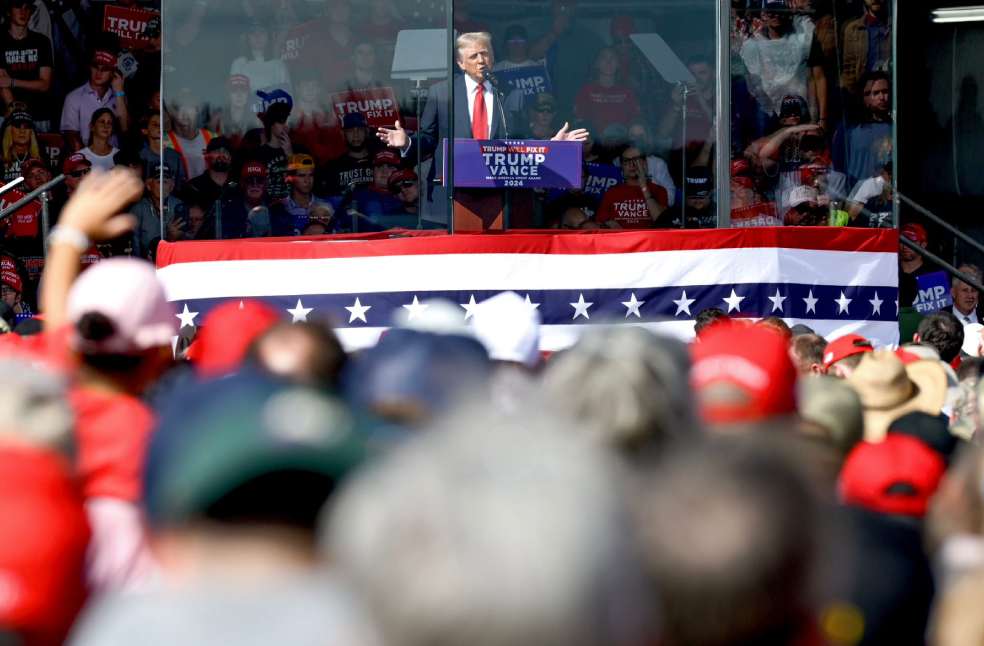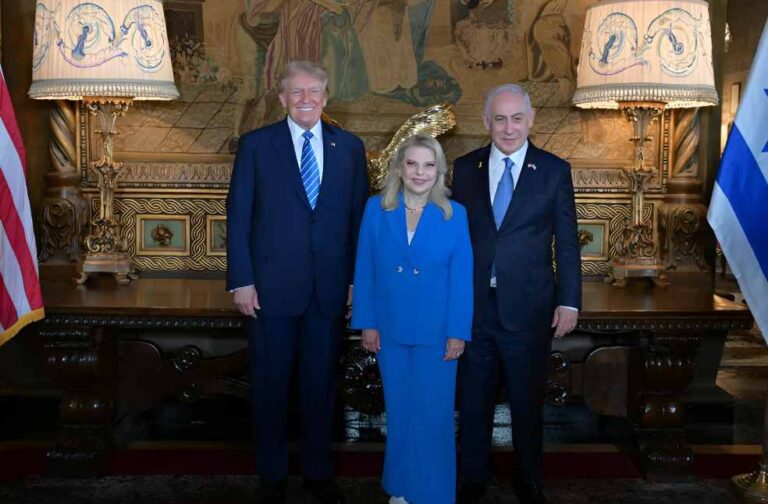Israel: There has been optimism as many Israeli officials look forward to Donald Trump’s historic comeback. Rafael Shore, a renowned rabbi from the Old City, shared his excitement, asserting that Trump’s understanding of the Middle East would bring peace. Rafael Shore commended that, “Iran will think twice about doing anything,” contrasting Trump’s stance with that of Vice President Kamala Harris, whom he accepts would have been less of a deterrent in the region.
Prime Minister Benjamin Netanyahu was quick to congratulate Trump, dubbing his return “history’s greatest comeback,” a sentiment rooted in their long-standing coalition. Trump’s first term saw significant policy shifts, such as recognising Jerusalem as Israel’s capital and abandoning the Iran nuclear deal, both highly popular among Israeli leaders. Michael Oren, former Israeli ambassador to the U.S., praised Trump’s tenure, describing it as “exemplary” for Israel.
However, not all Israeli voices are in full agreement. Trump’s policies regarding concessions in the West Bank and his reluctance to engage in wars may clash with the far-right factions in Netanyahu’s current coalition, which have a strong interest in expanding Israel’s reach in the region. Oren cautioned that Netanyahu would have to carefully navigate his relationship with Trump, counteracting Israeli domestic pressures with American demands.

The situation is different in Gaza, where the ongoing conflict has left residents desperate for an end to the violence. Some believe Trump could expedite peace efforts, with one displaced resident saying that, “We hope Trump is strong so that he can fix this issue with Israel.” However, the situation in Gaza remains dire, with critical shortages of food, medicine, and basic services.
In the occupied West Bank, scepticism abounds. Palestinian leaders, like Sabri Saidam of Fatah, expressed doubt that Trump’s return would lead to meaningful transformation for Palestinians, warning that U.S. policies could exacerbate tensions. Many in the Palestinian territories fear that U.S. support for Israel would persist to fuel conflict.
Despite mixed reactions in the region, polls show that over two-thirds of Israelis favour Trump’s return, seeing him as a key ally against regional threats, particularly from Iran. Yet, some Israeli citizens remain wary, with concerns that his inconsistent nature could destabilise the region further. As Netanyahu faces growing challenges in balancing domestic and international pressures, the question remains: will Trump’s second term bring stability, or will it worsen existing tensions?



